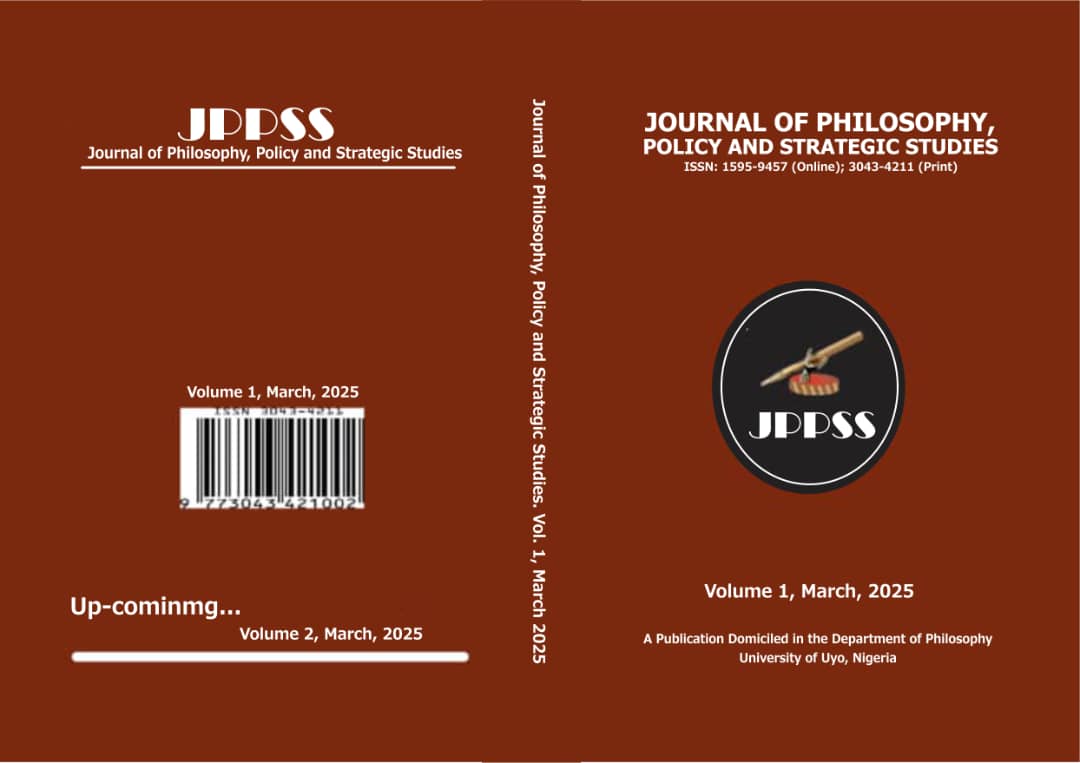GOVERNMENT INSTITUTIONS AND THE PATHWAY FROM POLICY FORMULATION TO IMPLEMENTATION
By
Ibrahim Tafawa Balewa
Fatima Saleh
Adekunle Taofeeq Adeboboye
George Adioni Sinclair
Farouk Ado Abubakar
&
Amos Ikiabo Omuso
Department of Political Science
Federal University Lokoja, Nigeria
Abstract
The formulation and implementation of public policies are essential for the development of any country. However, Nigeria has faced challenges in implementing its numerous well-formulated policies. Successive governments have exhibited a pattern of abandoning inherited policies and introducing new ones, leading to a trail of unimplemented policies and unfinished projects. This paper examines how government institutions in Nigeria formulate and implement policies, using the Treasury Single Account (TSA) and Naira Redesign Policy as examples. Additionally, it assesses the performance of these public policies. The study employs a qualitative research design, analyzing secondary data from various sources, including literature books, academic journals, articles, reports, and newspapers. The findings reveal that inadequate statistical data, poor policy focus and objectives, misconception and misapplication of policy contents, weak political and administrative institutions, political instability, and inconsistency in policy-making and implementation are key contributors to policy failures in Nigeria. The paper therefore concludes that to achieve its development goals, the Nigerian government must actively engage all policy-making actors, both within and outside the government, and prioritize continuity in implementing effective policies regardless of changes in administrations.


